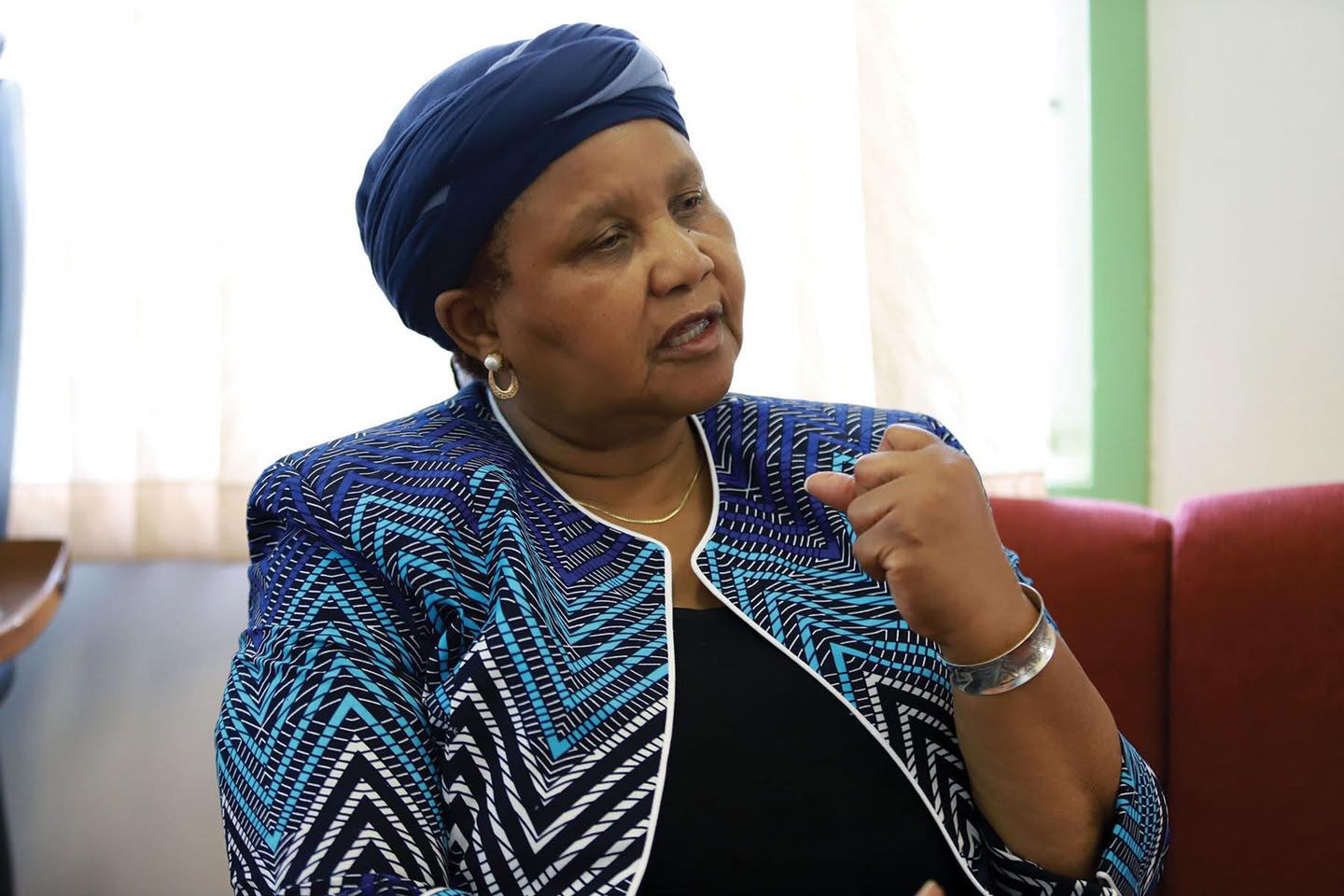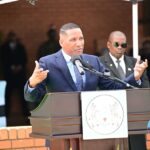RAMOTSWA – Balete Kgosikgolo Mosadi Seboko has announced that the Balete tribe is embarking on an ambitious agricultural initiative aimed at supporting Botswana’s food security and creating local employment opportunities. Speaking during a Kgotla meeting held this morning in Ramotswa and addressed by President Duma Boko, Seboko revealed plans to develop a 100-hectare farmland in Mogobane dedicated to agricultural production.
According to Kgosikgolo Seboko, the project is part of a broader vision by the Balete community to contribute meaningfully to the national economy and ensure sustainable livelihoods for its members. She said the farmland would be used to grow a variety of crops and possibly support livestock farming, with the potential to create long-term economic benefits for the region.
“Our intention is to establish a fully operational 100-hectare agricultural project in Mogobane. This initiative is not just for our tribe—it is for the nation. It is a step toward food self-sufficiency, and more importantly, it offers job opportunities to our people, particularly the youth,” she told the gathering.
Kgosikgolo Seboko also appealed to the government for support in bringing the project to life, stressing that such community-led developments can help address some of the country’s most pressing economic challenges, including unemployment and reliance on food imports.
“We are calling on the government to partner with us in this effort. With the right backing, this farmland could become a model for how traditional leadership and modern governance can work together to drive progress,” she said.
President Duma Boko, who was present at the meeting, welcomed the initiative and acknowledged the role of traditional leadership in nation-building. He expressed interest in the project and indicated that his administration would look into ways to support such local efforts that align with national development goals.
The Mogobane farmland initiative comes at a time when Botswana is actively seeking solutions to strengthen food production systems and reduce dependency on external markets. Agriculture remains a critical sector in the country’s development strategy, especially in rural areas where land and labour resources are underutilised.
If successful, the Balete tribe’s project could serve as a blueprint for other communities looking to harness their land for sustainable development. It also reflects a growing awareness of the need to merge traditional leadership structures with innovative, practical responses to modern economic demands.
The Kgotla meeting concluded with widespread support for the proposal, and many in attendance praised Kgosikgolo Seboko for her leadership and vision for the Balete people.









